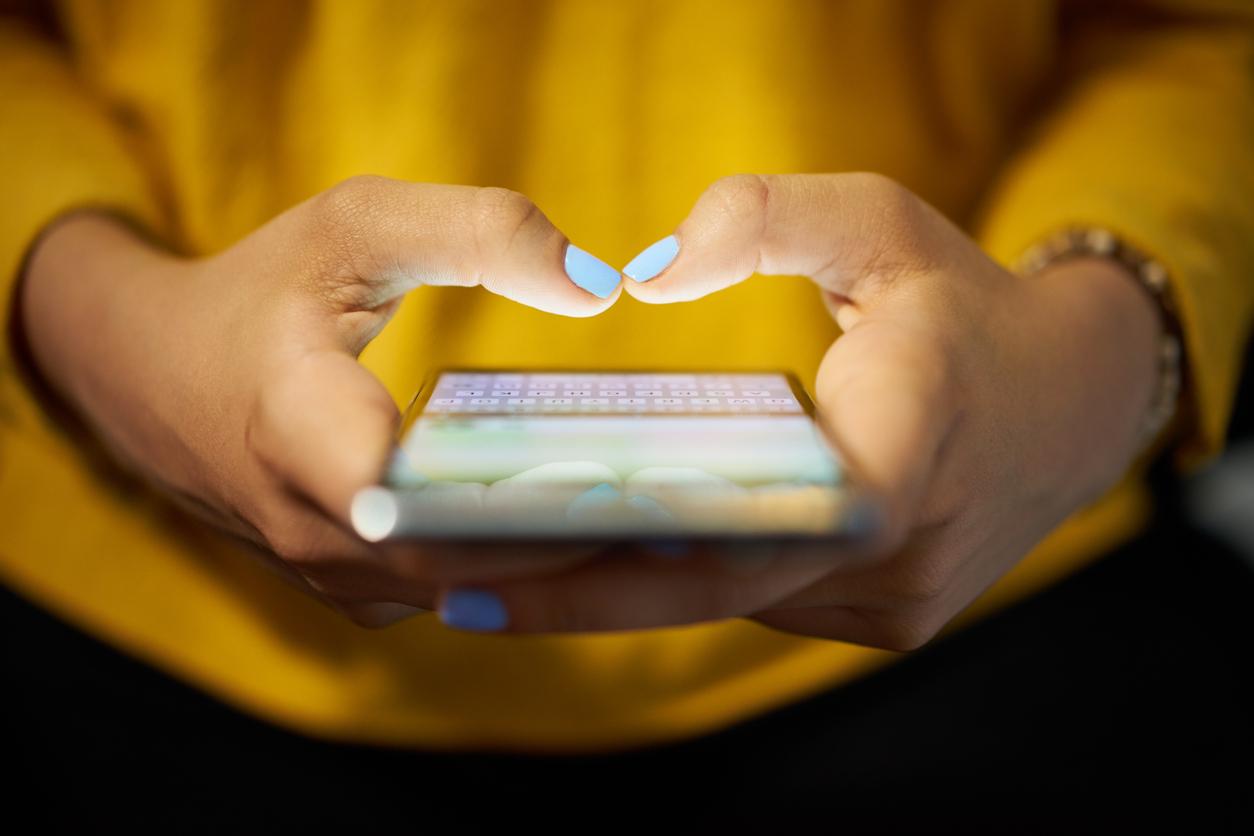How to find out how well you use Twitter
“Any time you have more replies than than favs, you f***ed up in some capacity”

Your support helps us to tell the story
From reproductive rights to climate change to Big Tech, The Independent is on the ground when the story is developing. Whether it's investigating the financials of Elon Musk's pro-Trump PAC or producing our latest documentary, 'The A Word', which shines a light on the American women fighting for reproductive rights, we know how important it is to parse out the facts from the messaging.
At such a critical moment in US history, we need reporters on the ground. Your donation allows us to keep sending journalists to speak to both sides of the story.
The Independent is trusted by Americans across the entire political spectrum. And unlike many other quality news outlets, we choose not to lock Americans out of our reporting and analysis with paywalls. We believe quality journalism should be available to everyone, paid for by those who can afford it.
Your support makes all the difference.Whether a brand, celebrity or just a regular Joe, some people are just better than others on social media.
These people seem to have a knack for writing the captions that take a picture from marginally amusing to share-worthy and somehow tap into the idea that resonate with us all.
But how do you really know if you’re doing well on social media?
According to Esquire, it’s all about The Ratio.
Referring to Twitter in particular, the ratio in question is between the replies and likes a tweet receives.
There are endless examples that demonstrate the existence of the ratio, but it can all be explained rather well through the recent United Airlines disaster.
Take this tweet:
66,000 replies compared to just 7,700 likes (and 22,000 retweets). So that’s a lot more replies.
When your ratio is skewed this way, it’s likely you’ve tweeted something that has not gone down well.
The above tweet received 809 replies and 126 likes.
Whilst a lot of replies might suggest a healthy and engaging discussion, it’s been shown that when it comes to Twitter, replies are nearly always negative.
“The lengthier the conversation, the surer it is that someone royally messed up. It's a phenomenon known as The Ratio,” Esquire says.
It’s widely considered that if you have a ratio of 2:1 for replies to retweets, you’ve done something wrong. So if your ratio gets higher than that, you know you’re in trouble.
There are, of course, exceptions, such as when someone is asking for replies, but on the whole replies are a sign of people disagreeing with you.
Likes and retweets, on the other hand are a sign of appreciation and agreement.
This tweet received 1,200 replies compared to 130 likes.
“I would say any time you have more replies than favs, you f***ed up in some capacity,” says Twitter investigative reporter Ashley Feinberg of Gizmodo.
“People on this site are extremely lazy and also idiots, like myself. If you've pissed off enough people that they're a) too embarrassed to engage and b) feel compelled to actually write words, you did a bad tweet.”
Join our commenting forum
Join thought-provoking conversations, follow other Independent readers and see their replies
3Comments